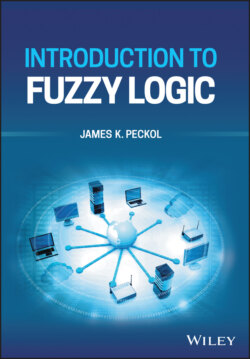Читать книгу Introduction to Fuzzy Logic - James K. Peckol - Страница 52
1.4.1 Rote Learning
ОглавлениеHabit or rote learning is the simplest learning process. The environment supplies all of the knowledge, and the learner merely accepts and stores it with no thought to meaning or content. Despite its elementary nature, the rote acquisition of knowledge is essential to all higher forms of learning. The learner must retain base information to be able to apply it to future problems.
B.F. Skinner took a somewhat different view. He suggested that no clear connection had been demonstrated in education between ends and means. He contended that the educational process should be reduced to defining goals or acts that the learner was able to perform. Based on the “present” state of knowledge, a sequence of acts could be created to move the learner from the present to the desired state. Often, the teacher would not be necessary.
One of the most familiar and perhaps best early instances of mechanized rote learning is Arthur Samuel's program designed to play the game of checkers. The program was initially equipped with a number of suggested procedures for playing the game correctly. The intent was to have the program learn by memorizing successful (deemed significant) board positions as it encountered them and then to use them properly and effectively in future games. Ultimately, the program progressed to the level of skilled novice.
